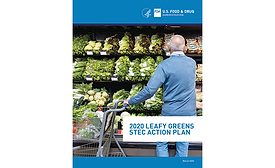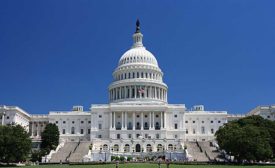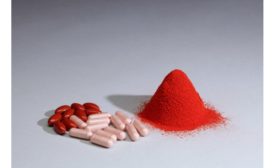Home » regulations
Articles Tagged with ''regulations''
Manufacturing News
FDA takes measures to promote the microbiological safety of leafy greens
May 12, 2020
How the clean label trend is changing the way supplement ingredients are perceived
Includes a greater emphasis on safety and efficacy
March 16, 2020
Regulatory Watch
FDA issues final guidance for nutrition labeling regulations
February 18, 2020
Food Safety
The evolution of food safety management systems—from early 1900s to audits today
January 28, 2020
Never miss the latest news and trends driving the food safety industry
eNewsletter | Website | eMagazine
JOIN TODAY!Copyright ©2024. All Rights Reserved BNP Media.
Design, CMS, Hosting & Web Development :: ePublishing










